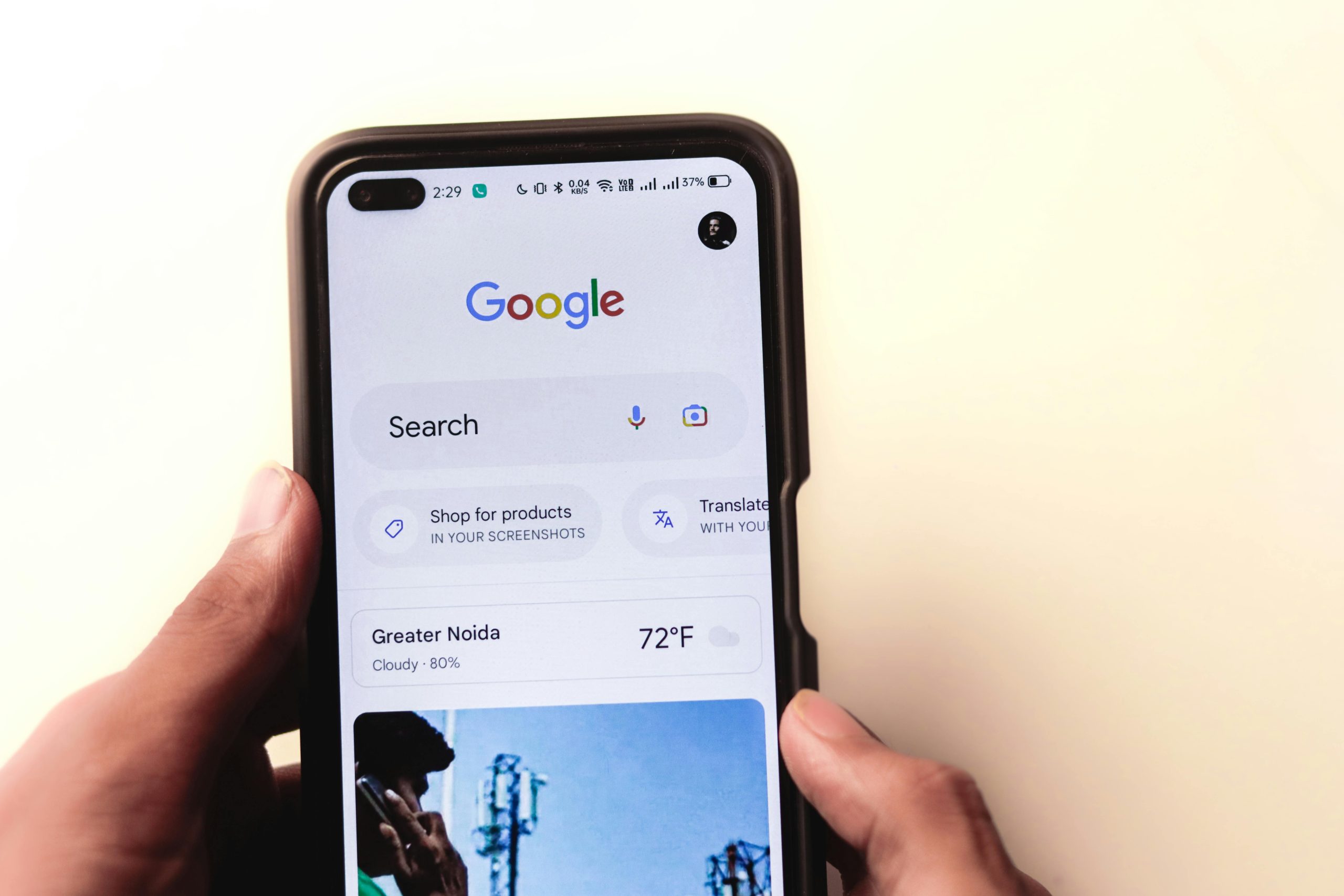My Personal Development of the Discontinuity Thesis
Understanding the Disruption: Exploring the Discontinuity Thesis in AI Development
In the rapidly evolving landscape of artificial intelligence, theories that anticipate profound economic and societal shifts are gaining attention. One such perspective, which I refer to as the Discontinuity Thesis, offers a thought-provoking lens on how AI may transform our world.
What is the Discontinuity Thesis?
At its core, this theory posits that AI’s progression transcends previous industrial revolutions because it automates cognition itself—not just manual or physical labor. Unlike once-in-a-century technological shifts, AI’s capacity to replicate and surpass human thought processes could trigger a seismic break in economic and societal structures.
Key Arguments Behind the Thesis
- Economic Competition and Job Displacement: When AI paired with human effort outpaces human-only productivity, there’s a tipping point where traditional employment becomes unsustainable. I believe this threshold may be imminent.
- Post-World War II Capitalism Dynamics: The system’s stability heavily relies on widespread employment and purchasing power. If AI-driven automation undermines these, the economy risks destabilization, possibly leading to systemic collapse.
- Game-Theoretic Considerations: The complex interplay resembles a multi-player Prisoner’s Dilemma—where individual actors lack the incentive or ability to halt the unstoppable march of AI advancement.
Drawing Parallels with Computational Complexity
I’ve also compared this to classical complexity theories like P vs NP. AI’s ability to solve complex problems (akin to NP tasks) effortlessly shifts the focus to problem verification, which in many cases is straightforward for humans or machines. This creates an elite class of ‘verifiers’—gatekeepers, auditors, or regulators—who maintain oversight and legitimacy.
Your Insights Are Welcome
I’m seeking feedback from those knowledgeable about AI development and societal impacts. Am I overlooking any critical factors? Does this framework hold up, or are there significant gaps?
For a deeper dive into this theory, check out my full analysis at https://discontinuitythesis.com/.
Disclaimer: These reflections aim to spark dialogue on AI’s future trajectory and its potential societal ramifications. Your thoughts and critiques are highly valued.














Post Comment